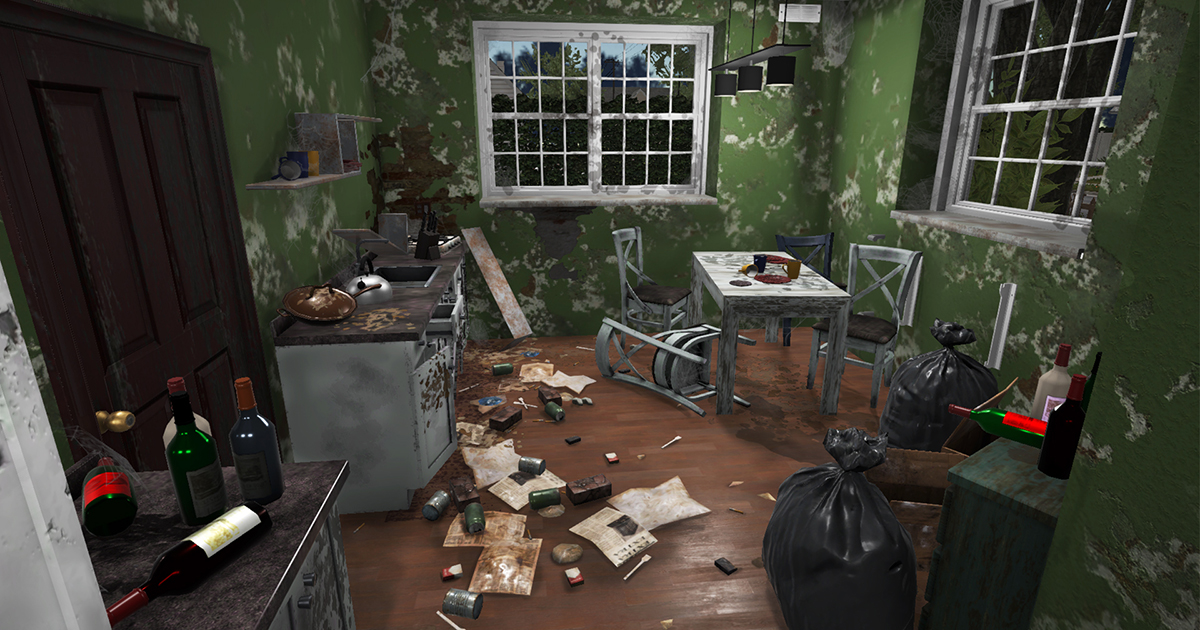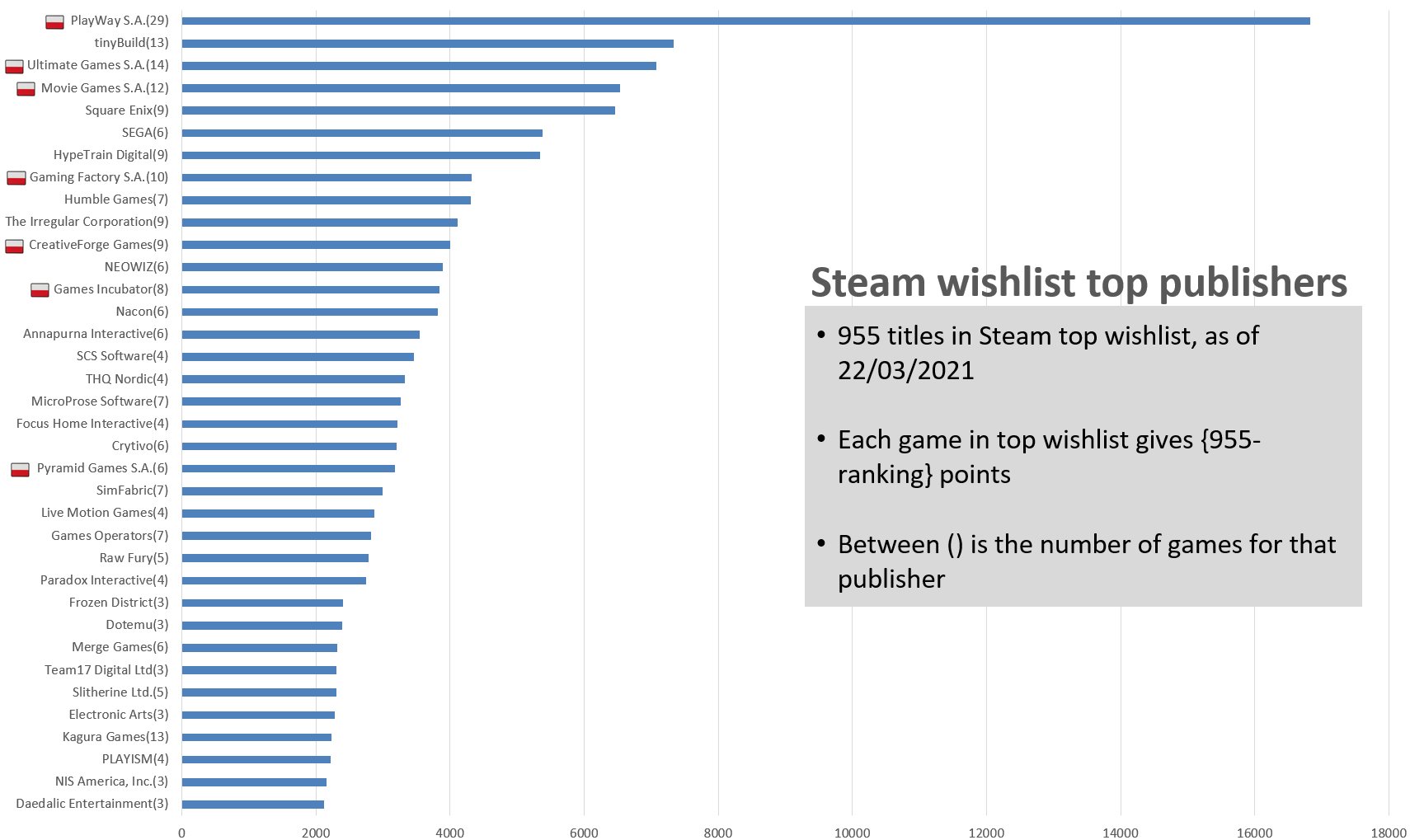Case study: how trailers of non-existent games made the Polish PlayWay the most "desirable" publisher on Steam
Polish PlayWay has collected more vishlists on Steam than any other publisher, leaving Square Enix, SEGA and Electronic Arts far behind. A controversial marketing strategy helped her in this. The company made trailers for hundreds of games, but brought only single titles to release.
House Flipper
PCGamesN portal talked about this with Krzysztof Kostowski, CEO of PlayWay.
We have chosen the main thing from the material:
- The publisher released his first hit, Car Mechanic Simulator 2014, in 2014 — three years after the founding of PlayWay. Up to this point, none of the publishers wanted to cooperate with the Polish company. Today Kostowski is glad that no one agreed to invest in Car Mechanic, because it strengthened the philosophy of PlayWay: you should always publish games yourself;
- Since then, PlayWay has published 70 projects, among which the most famous are House Flipper, Thief Simulator and Mr. Prepper. Now the publisher is formally working on 111 more projects. However, only two of them have an official release date;
- according to Kostowski, his company is as open to all ideas as possible. Any employee can suggest an idea for playing in an internal group in Discord. As soon as ten developers approve it (and there are 126 of them in PlayWay), the project will immediately go into pre-production. From this moment, an active marketing campaign begins;
- PlayWay launches trailers of the game on YouTube and Facebook (usually using a pre-render or CGI graphics), after which it adds the project to Steam. At the same time, there is often no information about the release date or a video with real gameplay on the game page in the store;
- in fact, PlayWay acts like publishers of hyper-casual games. She monitors the audience’s reaction and then decides whether to pursue the project further.
“We read the comments, we look at what people are saying on Facebook, YouTube and Steam, and we adjust to it,” Kostowski said. – “Where else can we get such focus groups for free? Only on the Internet.”
- it is not surprising that many games simply do not live up to the release. If the project does not find support from gamers, then the development is canceled. However, his Steam page remains forever, as Valve “doesn’t really want” to remove games from its store;
- as Kostowski explained, it doesn’t matter to the platform whether the game is in development or not. Therefore, even old games often end up in users’ vishlists. According to analysts, at the end of March, 29 titles from PlayWay got into the top Steam vishlist. For comparison, Square Enix has only nine of them, and SEGA has six;
- this strategy helps PlayWay not to rush into the production of games. The development of some titles took much longer than planned, but the projects were still successful. For example, Uboat was created four years instead of two, and Mr. Prepper — five years instead of the same two;
- in addition, this approach protects developers from crunches, which, according to Kostowski, do not contribute to the success of games;
- another advantage of the PlayWay strategy is that the publisher does not take on too much responsibility. As an example, Kostowski cited the yet-to-be-released Builders of Egypt. One of the users complained that the developers have not written anything about the development of the title for a long time, although they should have kept users informed, since they “purchased” the demo. Nevertheless, the authors of Builders of Egypt did not receive money from users for access to the demo and all the players spent was emotions on the game and time for feedback;
- Kostowski compared the PlayWay strategy to Kickstarter, but the publisher does not take prepayment for projects that may never come out. According to the principle of operation, the publisher is similar to the now closed Steam Greenlight service, where indie games were published that a large number of users liked.
PlayWay is not the only Polish company that adheres to such a controversial marketing strategy. The Gaming Factory does the same. She buys rejected PlayWay projects and refines them. In the last year alone, she has bought five games, but has not yet published them.

